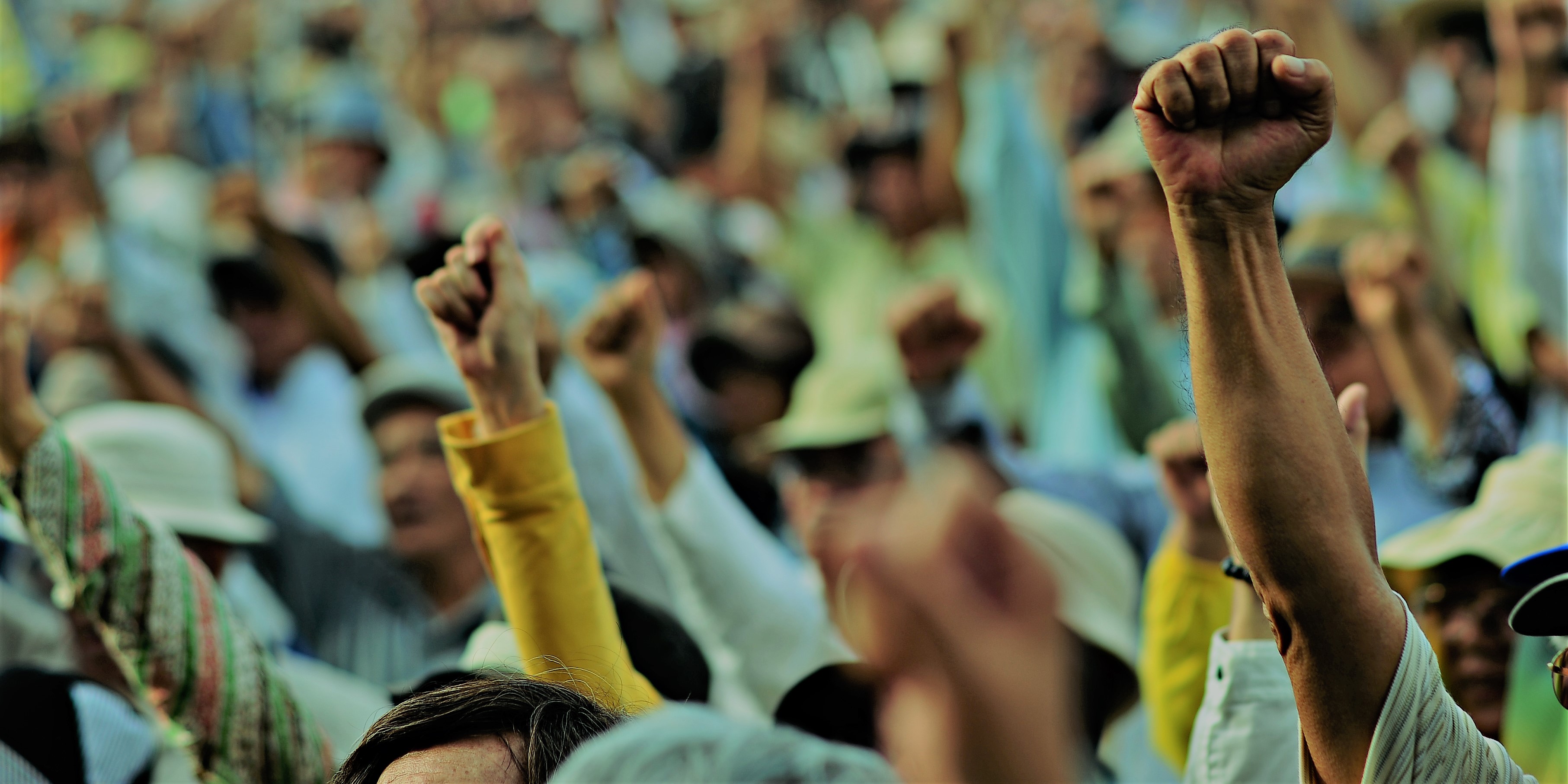Nepal's opposition to oppose controversial Media bill on press freedom

- Country:
- Nepal
The main opposition party in Nepal warned of a strong protest if the federal government went ahead with the discussion in Parliament on the controversial Media Council Bill that aims to curtail press freedom by imposing a strict penalty on media outlets. Nepal on Friday proposed the new media bill aimed at imposing a hefty fine of up to Rs 1 million on media outlets found guilty of damaging anyone's reputation, raising alarm among journalists who say the government seeks to punish the press in the name of the regulation.
The new Media Council bill aims to replace the existing Press Council Act and will have more authority to issue hefty fines and give the government more say in the hiring and firing of the council members. A meeting of the Nepali Congress parliamentary party chaired by the party chief and former prime minister Sher Bahadur Deuba on Wednesday decided that they would protest on streets if the government forwarded the discussion in the Parliament.
Similarly, the party also demanded that the government put on hold discussions on National Human Rights Commission Bill and National Defence Council Bill as they are also objectionable. “All three bills are against the spirit of the Nepalese Constitution. The government should withdraw them,” party chief Bal Krishna Khand told media after the meeting.
“If the bills are forwarded forcefully, the party will go to the street against them,” he said. Meanwhile, the National Human Rights Commission has said that the proposed media bill is against democratic norms and the freedom of expression enshrined in the Constitution. Press freedom, human rights and the rule of law are an integral part of democracy and an attack on them adversely affects the democratic system the country has established after a long struggle, the human rights watchdog said in a statement.
Earlier, the council could ask for clarification, apology, blacklist certain press organisations, direct to the court for compensation, but now the bill aims to give the council authority to issue monetary punishment ranging from Rs 25,000 and up to one million. The provisions in the proposed bill will also give the council greater power to write to the concerned authority to take action against media organisations if they violate press ethics as defined by the government. It also proposes punishment for violating the code of conduct which includes suspension of press pass of media persons and downgrading of the classification of print media outlets.
(With inputs from agencies.)










